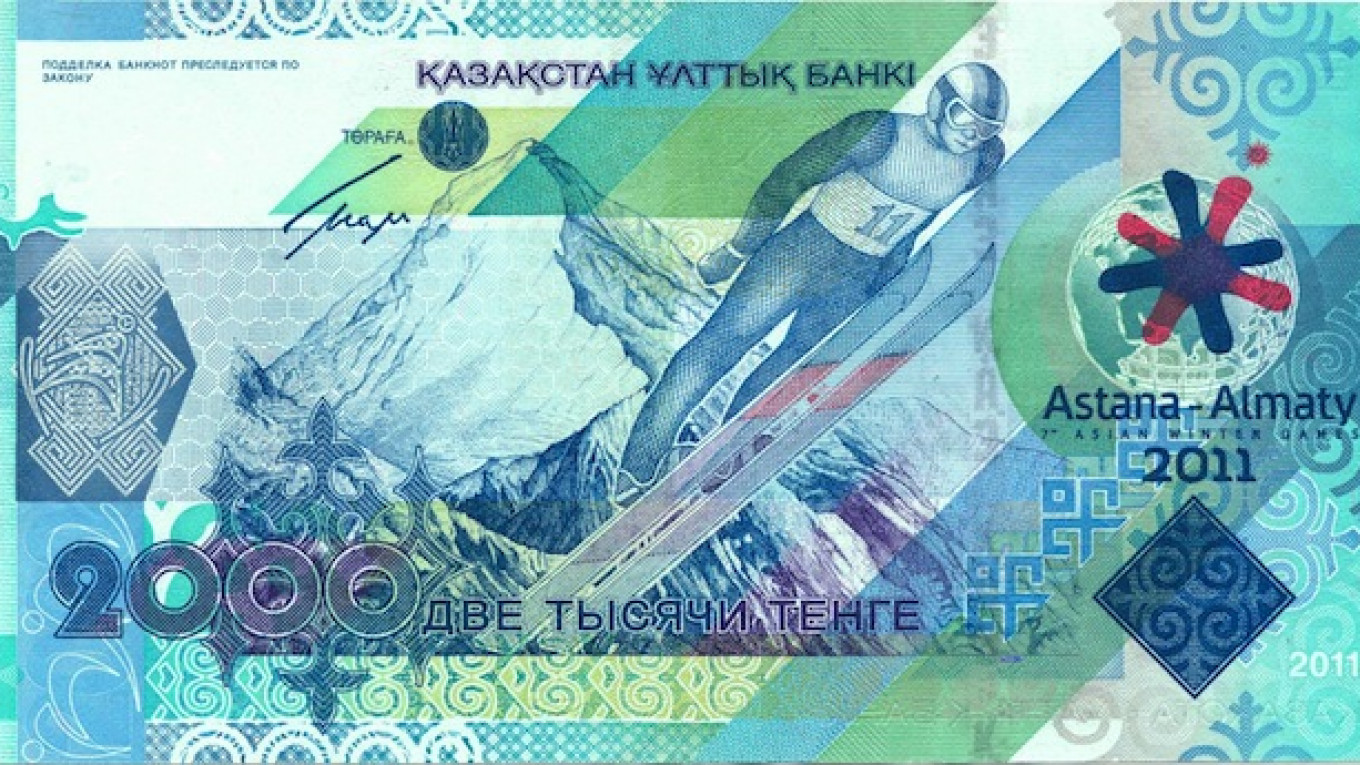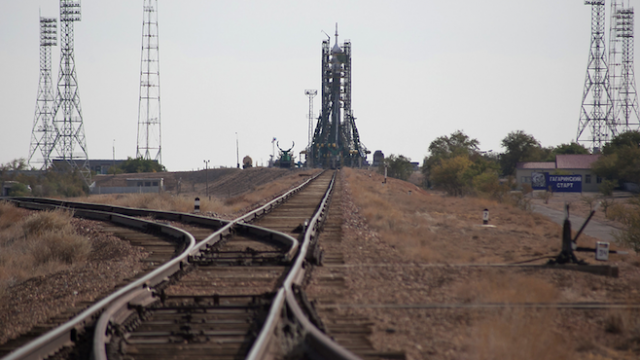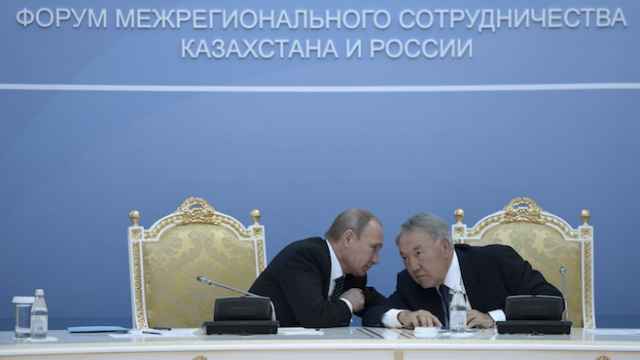ALMATY — Kazakhstan has no plans to further devalue its tenge in the next three years, the head of its Central Bank said, as its economy is stable enough to weather sharp drops in the currency of its main trading partner Russia.
The oil-rich Central Asian nation devalued the tenge by 19 percent in February to ease pressures on its currency market, support its exporters and improve its current account balance.
Oil price weakness and signs that Russia's Central Bank is scaling back its support for the ruble has prompted global foreign exchange traders to speculate the tenge could be devalued again.
"Now, when all these risks start to be realized — like changes in the oil price or fluctuations of the Russian ruble — people will ask: 'Are you going to do a devaluation again?'," Kairat Kelimbetov told a conference in Almaty on Friday.
"The answer of the Central Bank is: definitely no. There is no foundation for this."
The tenge — which has risen sharply against the ruble — was unchanged against the dollar at 180.87 on the Kazakhstan Stock Exchange on Friday.
Kelimbetov said the ruble was weakening because of Russia's sanctions war with the West and its lack of access to funding from international markets, while Kazakhstan has low debt levels, strong international reserves and easy access to funds abroad.
February's tenge devaluation was in response to expectations of further tension in Ukraine and Russia, a likely economic slowdown in China and western Europe and falls in the oil price.
"What was done in February was done to avoid any kind of risk in the next three years," Kelimbetov said.
Ruble Trouble
In September, the Central Bank of the second-largest post-Soviet economy widened the trading corridor for the tenge against the dollar to 185 plus 3/minus 15, from the 185 plus 3/minus 3 introduced after February's devaluation, leaving room for a potential strengthening of the currency.
The ruble, meanwhile, has lost a quarter of its value against the dollar so far this year. It is on course for its biggest weekly loss since early 2009 after the Central Bank in Moscow decided to cap daily dollar sales at $350 million.
Investors interpret that to mean it would not shore up the ruble.
"Russia is really moving to inflation targeting, and inflation targeting … means a freely floating exchange rate," Kelimbetov said.
Kelimbetov said the tenge's stability was backed by the country's low state-guaranteed external debt of less than 2.5 percent of gross domestic product and by total international reserves exceeding $100 billion.
Kazakhstan successfully launched a $2.5 billion Eurobond last month, its economy continues to grow at above 4 percent and its budget is based on an average 2014 oil price of $95 compared with a likely outturn of around $100.
A Message from The Moscow Times:
Dear readers,
We are facing unprecedented challenges. Russia's Prosecutor General's Office has designated The Moscow Times as an "undesirable" organization, criminalizing our work and putting our staff at risk of prosecution. This follows our earlier unjust labeling as a "foreign agent."
These actions are direct attempts to silence independent journalism in Russia. The authorities claim our work "discredits the decisions of the Russian leadership." We see things differently: we strive to provide accurate, unbiased reporting on Russia.
We, the journalists of The Moscow Times, refuse to be silenced. But to continue our work, we need your help.
Your support, no matter how small, makes a world of difference. If you can, please support us monthly starting from just $2. It's quick to set up, and every contribution makes a significant impact.
By supporting The Moscow Times, you're defending open, independent journalism in the face of repression. Thank you for standing with us.
Remind me later.






